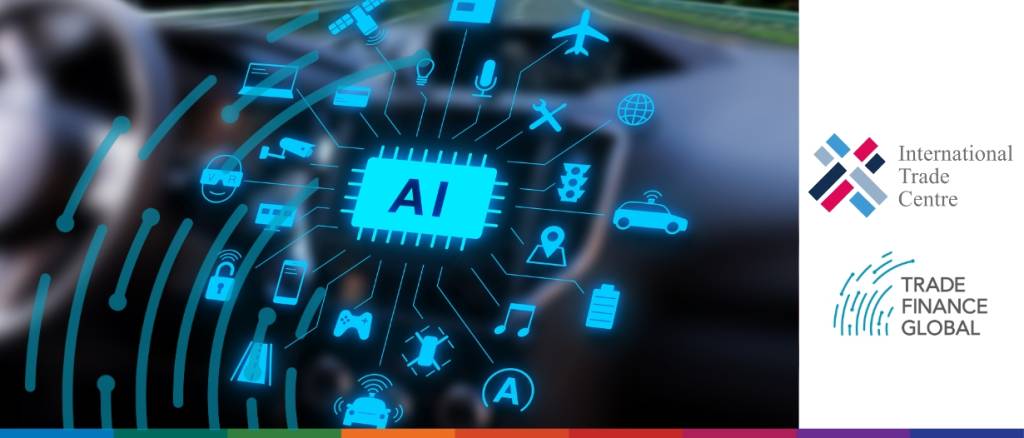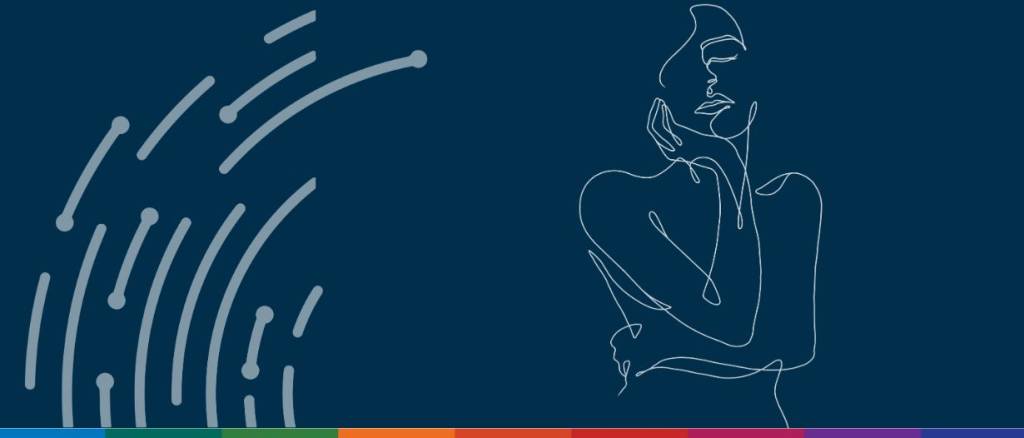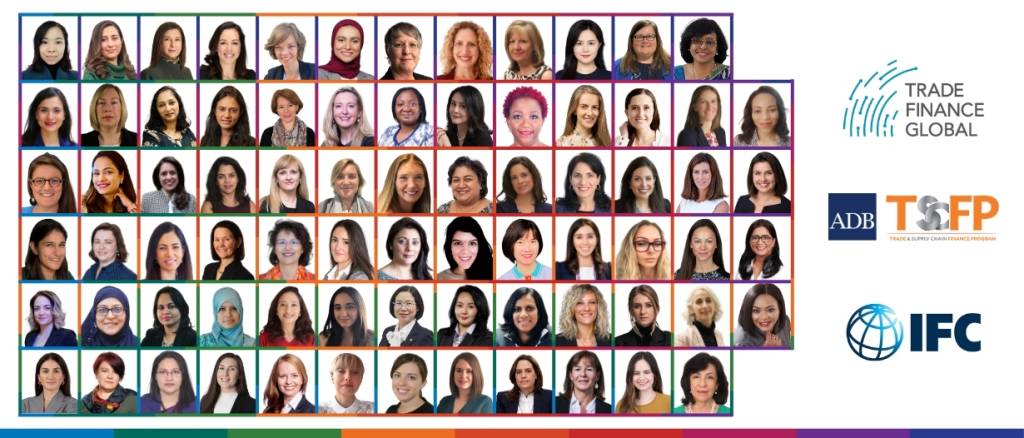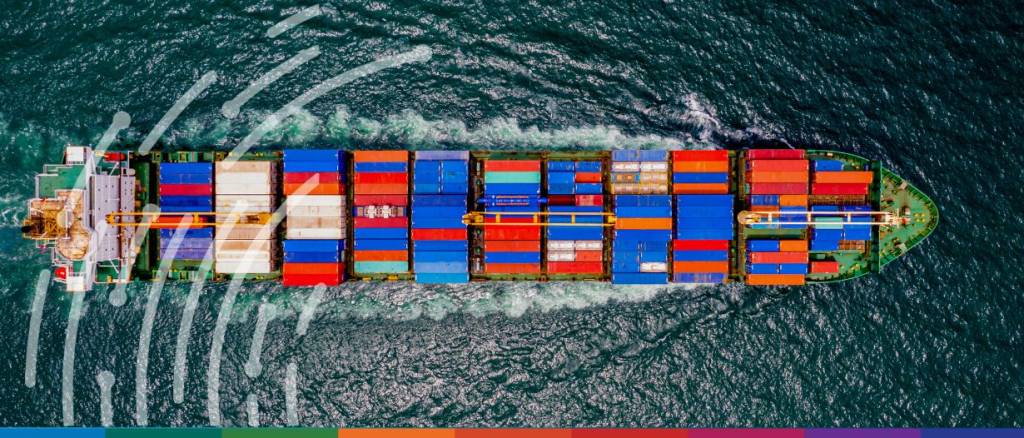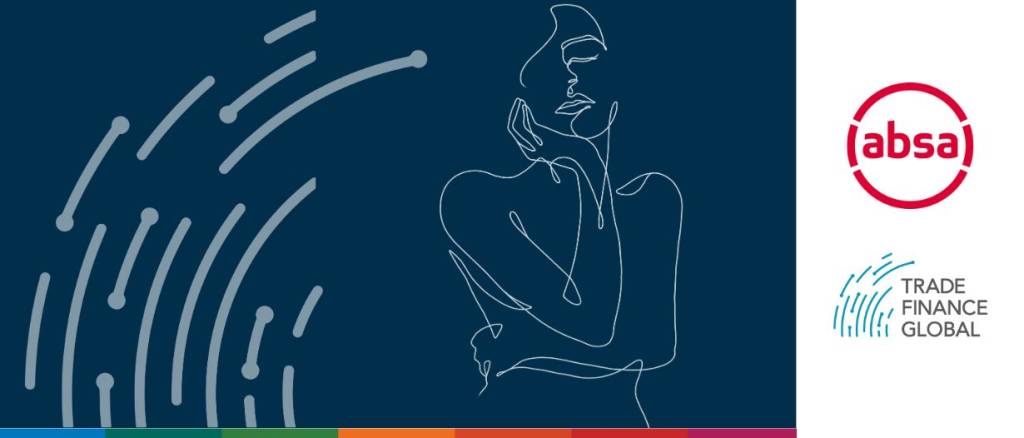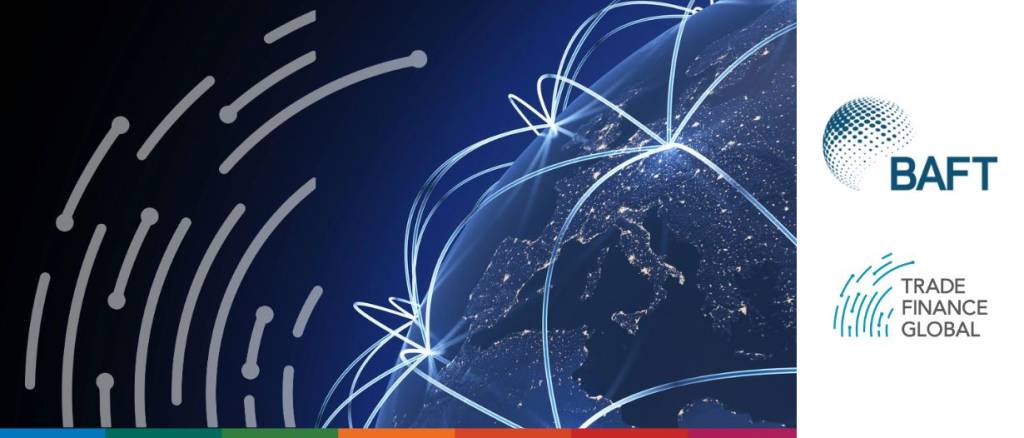ITC and TFG have partnered to produce an AI in the Workplace guide. Find out more about this guide and the future of AI.
France has introduced a bill, aiming to substantially boost France’s digital trade and elevate the financial sector’s attractiveness.
Learn how Canada’s cultural diversity can drive supplier diversity and support economic growth. Embrace inclusivity and create a more equitable economy.
Factoring in Africa allows businesses to sell their accounts receivable at a discount to gain immediate cash flow, is gaining traction across the continent, buoyed by significant growth and the support of institutions like Afreximbank and FCI.
The magic of breathing right with functional exercise empowers me to stay included in the workforce through pregnancy and parenthood.
Trade Finance Global is delighted to announce the launch of our Women in Trade, Treasury & Payments 2024 digital campaign, in honour of International Women’s Day on March 8, 2024.
Discover how AI is transforming the banking sector. From enhanced customer experiences to streamlined operations, AI is revolutionizing the way we bank.
ECAs play a critical role in promoting and shoring up international trade flows, particularly during times of upheaval and economic stress.
To kick off TFG’s Women in Trade, Treasury & Payments 2024 campaign, TFG spoke to Absa’s Michelle Knowles about her experiences in the industry.
TFG and BAFT have announced the launch of a Letter of Credit Guide. Read from leading experts on their definition, uses and intricacies!















